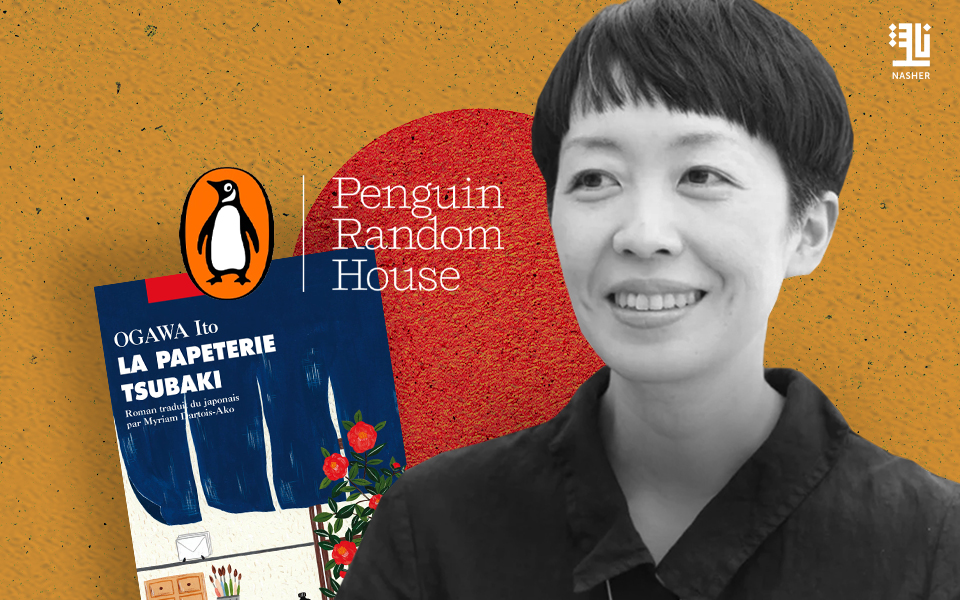The trend towards ‘healing lit’ or ‘quiet lit’ continues with Hutchinson Heinemann, part of PRH, winning a seven-way auction in the UK for Tsubaki Stationery Store, a literary novel by one of Japan’s best-known writers Ito Ogawa.
Publishing director Ailah Ahmed acquired world English-language rights from Bruno Onuki Reynell and Li Kangqin at New River Literary in London on behalf of Kohei Hattori at The English Agency in Japan. Maya Ziv at Dutton, Penguin Random House US, acquired North American rights.
Tsubaki Stationery Store tells the story of 25-year-old Hatoko who, having recently returned to Kamakura, where she has inherited a small stationery store. She becomes a public scribe: she is commissioned to write letters, in calligraphy, to heal broken friendships and old romances.
Ahmed said: “I completely fell in love with Tsubaki Stationery Store and Hatoko and her exit from busy city life to slow mornings in her grandmother’s stationery store. There is a beautiful lesson in this novel about slowing down to savour the world and in repairing broken bonds rather than throwing relationships away. It is a transformative and healing classic of Japanese literature.”
Reynell said: “Tsubaki Stationary Store has cemented its status as an enduring favourite among Japanese readers. It is wonderful that this book about the reconciliatory and transformative power of the written word will now be brought to English-language readers in the excellent hands of Ailah and her team.”
So why is ‘healing fiction’ so popular. Katharine Morris of John Murray, who won a five-way auction Yuta Takahashi’s series The Chibineko Kitchen last year, told The Bookseller: “It’s been a stressful time and it seems like everyone is feeling like things are falling apart. The ripples from the pandemic are still affecting people and how much they have been able to travel in the last four or five years, the opportunities they’ve had, the cost of living crisis, the climate disaster, crises around the world and the horrendous situation in Palestine, there’s just a lot of difficult things to contend with.
“For those reading fiction, they want something reassuring and accessible and not exhausting. The concept of burn-out has become so dominant in the last year or two [and] many people are looking for an antidote.”







